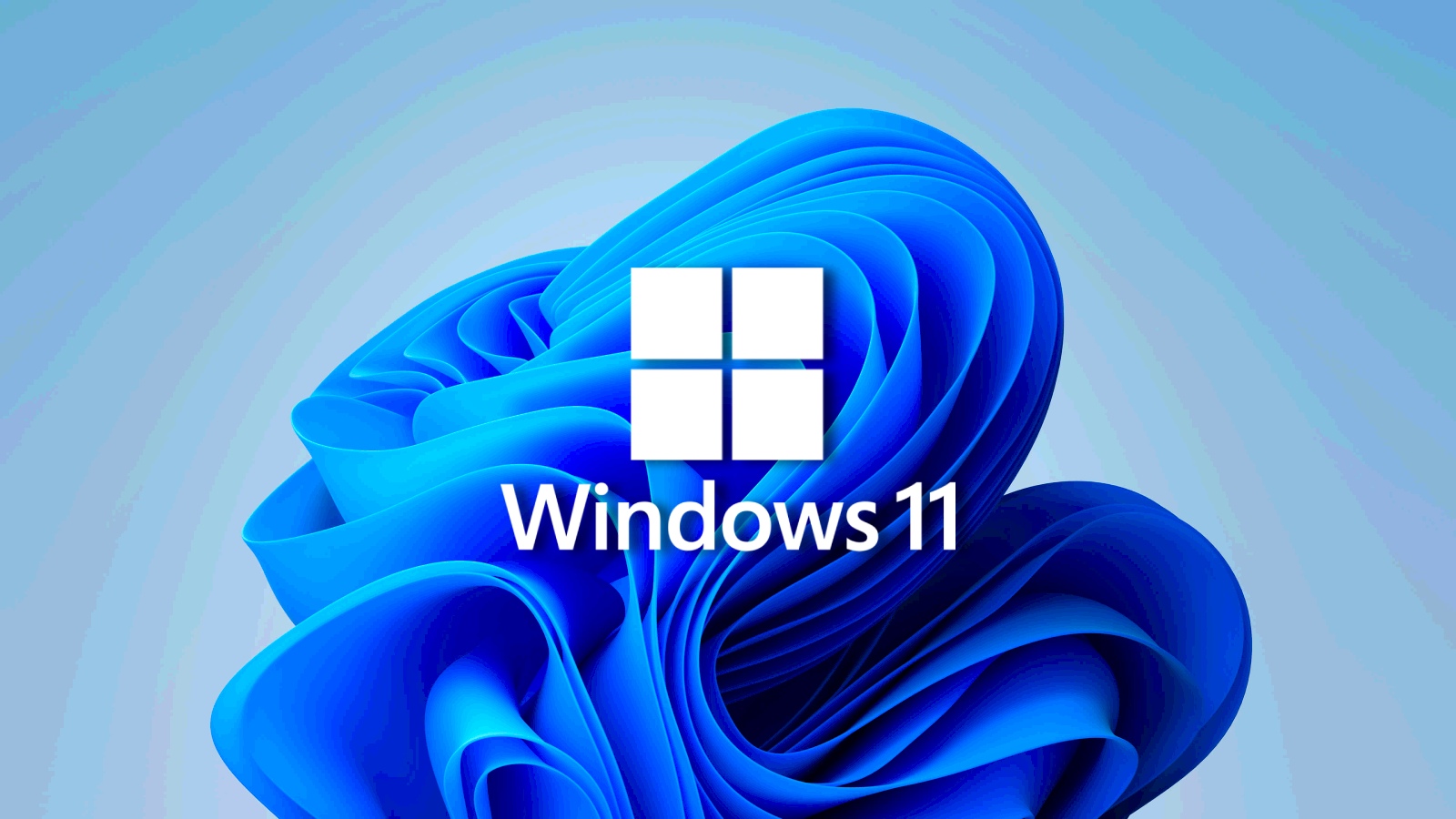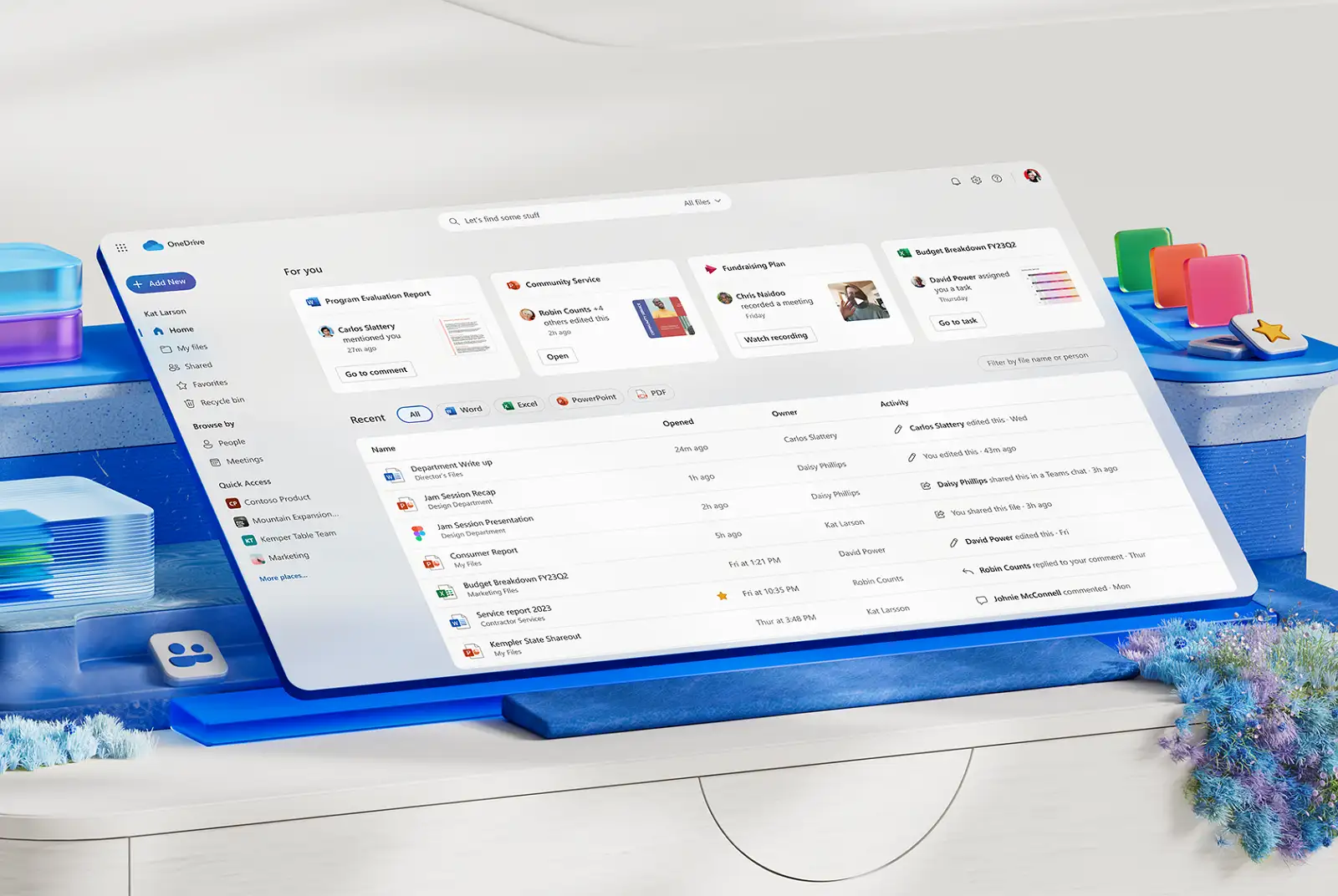Games work but nothing can run like windows. Full-fledged details and full resource capabilities, optimizations etc.
Linux/mac are just secondary when it comes to gaming.
Linux/mac were never made keeping this in mind.
Now dont mix-up consoles here.
Native ports sometimes can be lacking, i remember Metro had missing details long long ago.
But steam/proton uses windows version of games and translates stuff - ex DX12 to vulkan etc.
From what i have played, it works pretty well. But granted i prefer to work on Linux and try not to game as much. Someone with more experience can reply.
Steam deck is on x86 and uses linux and uses proton - same as desktop Linux. So nothing to mix up.
It is the work done by valve for steam deck that has polished up wine to become actually widely usable.
Things evolve, Nothing is made with only something in mind. People work on their interests.
Anyway, Don't understand the negativity. He said we cant game, i said we can. Its not perfect but is very good now vs what it used to be.
Didn't even imagine we could get this far so soon. I used to only be able to work on Windows and game on windows and only other stuff on Linux.
Now i did some work and moved completely to Linux for work. And i believe i can play most of the games in my library on linux.
Anyway, i am no expert. OP is not interested anymore. I have said what i had to say, good day.





